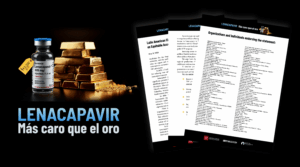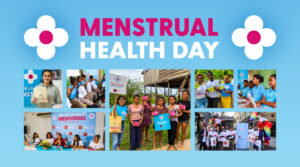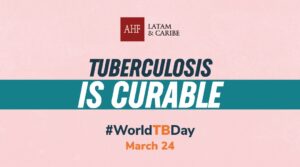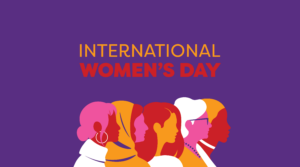Eating is a pleasure that is sometimes disrupted by various medical treatments, including those related to HIV control.
If you have just started antiretroviral treatment, you will know that food-related side effects are among the most common of these drugs. The good news is that they are milder than those caused by older antiretroviral, and they wear off after a short time, making them more bearable.
But the fact that these discomforts are not very intense does not mean that you cannot do something to remedy them. On the contrary, it is good that you address it because in this way you will not be tempted to interrupt the treatment due to discomfort that, in the end, will be temporary.
On this subject, the civil organization God’s Love We Deliver, located in New York City, offers some tips to manage symptoms that can interfere with the enjoyment of your usual food.
If you notice a change in the taste of food
Several factors can cause a change in flavor in food: smoking; respiratory infections (such as the flu or influenza): injuries to the mouth, head, or nose; radiotherapy or chemotherapy treatments; other drugs, and dry mouth (xerostomia).
To improve this situation, one option is to brush the teeth and tongue before and after each meal, with a soft toothbrush. You can also rinse your mouth before eating with a little baking soda mixed with a glass of warm water (do not swallow).
Another option is to cook with oregano, basil, or lemon juice. You can also numb your mouth before eating with something cold, like popsicles or frozen fruit.
If the problem is a metallic taste when you eat, you can drink acidic juices like cranberry or orange before you start eating; this will help mask that characteristic taste.
If you have trouble swallowing
Difficulty swallowing or passing food can have different causes, but in any case it is important to go to a doctor to identify what is causing it. Depending on the cause that is identified, the treatment to follow will be.
While you wait for the day of your consultation, you can take some measures to facilitate this action. For example, opt for bland foods like pureed foods, ground meats, eggs, oatmeal, or canned fruit. If you’re having soup or broth, serve it in a glass instead of a plate.
To drink liquids you can use a straw. Try to make full shakes to get enough nutrients that are not in solid food. Consider preparing them by combining fruit, protein and some extra like nuts.
Instead, avoid sticky foods like peanut butter and raisins, and dry foods like toast or crackers. Also do not eat very hot food. Spicy dishes and tough or fibrous meats will be off your menu for now.
If you are over 50, pay attention to this
Thanks to the effectiveness and safety of current antiretroviral treatments, people with HIV have a life expectancy very similar to that of the general population, therefore, more and more people reach an age older than 50 years.
People with HIV who are in the maturity stage or who reach the third age develop the same conditions related to the aging process as those who do not live with the virus, but to this must be added that the immune system also ages, so recovery from certain conditions may be slower or more difficult.
Proper nutrition is even more important at this stage of life, but at the same time it is very easy for a person to neglect this aspect due to changes in their body. Therefore, it must be borne in mind that older adults with HIV need more protein to maintain their muscle mass.
In addition, maintaining a healthy weight will help you delay the onset of complications such as high blood pressure, diabetes, or cardiovascular disease.
Another fundamental aspect is hydration. Older adults tend to become dehydrated more easily and feel less thirsty. An indicator of good hydration is the color of the urine, which should be light yellow and transparent. If you notice changes in this aspect, consult with your medical team.
Remember that living well with HIV is possible and a reality for many people. If you already have a diagnosis and have not started your treatment, don’t wait any longer, at AHF Latin America and the Caribbean we can help you obtain it. Just come to our offices in your country or write to us by Whatsapp and find out about our services.






